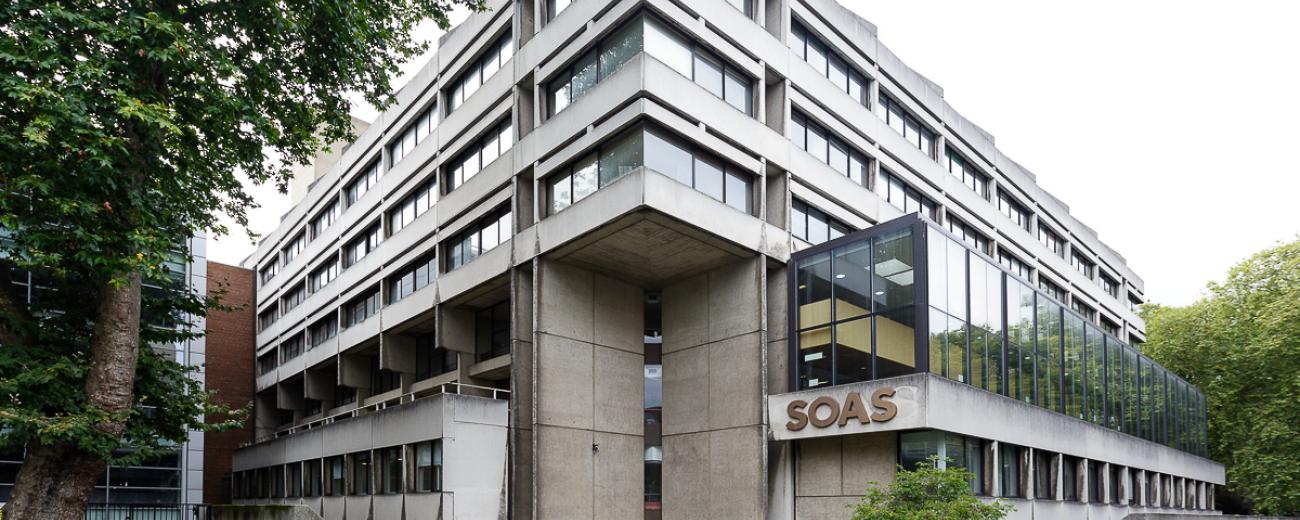
The Penrose Lectures 2023-24 (rescheduled)

Key information
- Date
- to
- Time
-
6:00 pm to 7:30 pm
- Venue
- SOAS campus
- Room
- Brunei Gallery Lecture Theatre
- Event type
- Lecture & Event highlights
About this event
Professor William Lazonick (President of AIRnet and Emeritus Professor, University of Massachusetts) will deliver two lectures.
Innovative enterprise obliterates the neoclassical firm: A revolution in the foundations of economic analysis
- Lecture 1: How Penrose Embarrasses Samuelson – Thursday 29 February, 6.00pm
- Lecture 2: How Penrose Exposes Friedman – Friday 1 March, 6.00pm
About the Penrose Lectures
The Penrose Lectures were established in memory of Professor Edith Penrose who made an outstanding contribution to social science. Her work on innovation, international corporations, the theory of the firm, organisation and economic development have left a lasting legacy on the disciplines of economics and management. Penrose was also an inspirational teacher of students at all levels – undergraduate, postgraduate, PhD, MBA – and a major contributor to important public policy issues and debates. In keeping with her legacy, the Penrose Lectures have been established to honour her contribution. The lectures are held each year on a subject in economics, management or political economy.
Edith Penrose was appointed to a Chair in Economics at SOAS in 1964 having previously held a joint Readership in Economics at LSE and SOAS. After retiring from SOAS in 1978 she was appointed Professor of Political Economy at INSEAD, Paris. As well as being a pioneer in the disciplines of economics and management, Penrose was also the first woman to hold a professorial position in economics at SOAS. In recognition of her work and legacy, the Penrose Lectures provide a platform for outstanding scholars to communicate their research work to faculty, students, practitioners and the wider public.
A biography of Edith Penrose has been published by Oxford University Press: Penrose, A (2017) No Ordinary Woman: The Life of Edith Penrose, OUP, Oxford.

